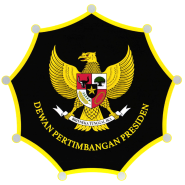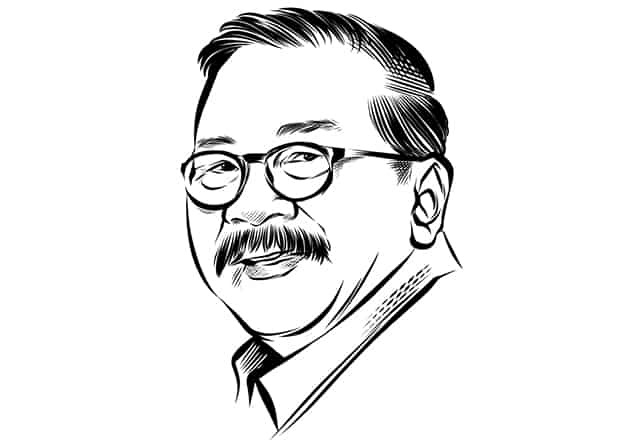An article by Mr. Soekarwo, member of the Wantimpres with the title “Skenario Indonesia Menghadapi Krisis dan Ketidakpastian (Indonesia’s Scenario Facing Crisis and Uncertainty)” was published in Thursday, August 25, 2022 edition of the daily @jawapos.
The world is facing a crisis in three important sectors of life, namely the food crisis, the energy crisis, and the financial crisis (monetary). President Jokowi, while reviewing and planting mature coconuts with farmers in Giriroto Village, Boyolali Regency, Central Java, Thursday (11/8), stated that more than 300 million people in a some countries in the world suffer from acute food crises or hunger. The President emphasized that if there is no solution, the food crisis will spread to 800 million people in the world. Indonesia has just received an award from the International Rice Research Institute (IRRI) because it is considered capable of achieving a system of food security and self-sufficiency in rice since 2019 which is marked by the absence of rice imports for consumption in the last three years.
The threat of crisis and significant price spikes does not only occur in the food sector, but also in the energy sector. The World Bank predicts that crude oil prices will increase by 350 percent from April 2020 to April 2022. In June 2022, in just two weeks, there will be a 60 percent increase in natural gas prices in Europe. Indonesia in 2022 has doubled its energy subsidy budget to IDR 502 trillion (USD 34.06 billion) to keep the price of pertalite fuel, subsidized diesel fuel, and some electricity tariffs unchanged amid rising global energy prices. Currently, the government is also reviewing the potential for an increase in the price of subsidized fuel oil (BBM) because the energy subsidy has swelled. The financial or monetary sector is also not safe from the threat of crisis, prompting various parties to correct economic growth projections. The World Bank cut its forecast for global economic growth in 2022 from 3.6 percent to 3.2 percent. The International Monetary Fund (IMF) also revised its projection for global economic growth from 4.1 percent to 2 percent.
President Jokowi, while delivering his state speech at the annual session of the MPR and the joint session of the DPR and DPD in 2022 on Tuesday (16/8), targeted Indonesia’s economic growth of 5.3 percent in 2023. This number is the same as the target in 2022. The Central Statistics Agency (BPS) noted that the Indonesian economy in the first quarter of 2022 to the first quarter of 2021 grew 5.01 percent and the second quarter of 2022 against the second quarter of 2021 grew 5.44 percent year-on-year. BPS also noted that annual inflation in July 2022 if calculated on a year-on-year basis at 4.94 percent. If calculated on a monthly basis or compared to June 2022, the inflation rate in July 2022 reached 0.64 percent.



